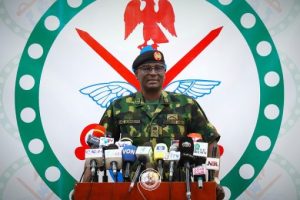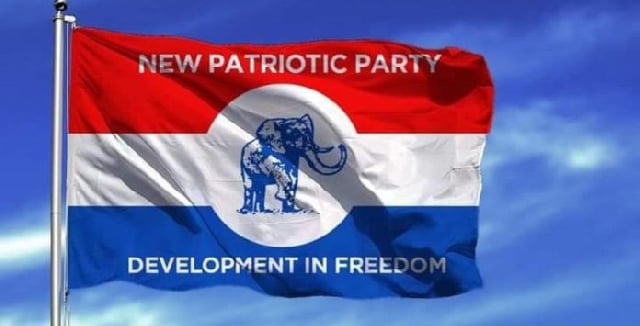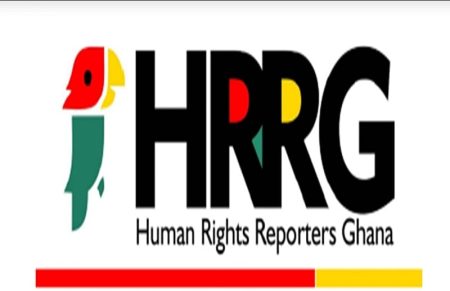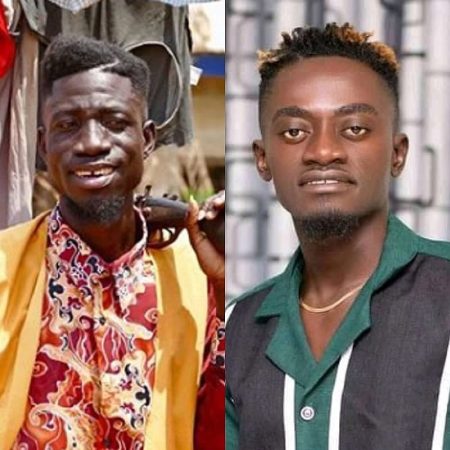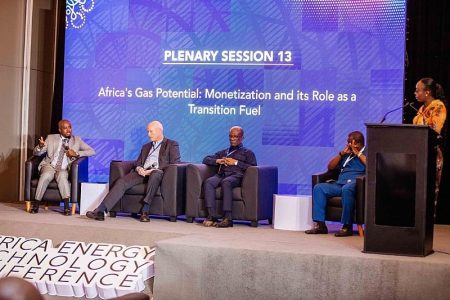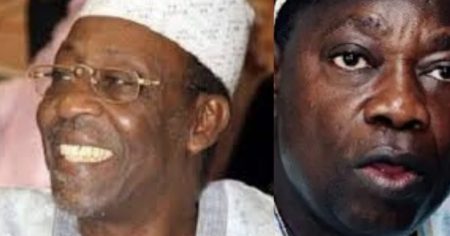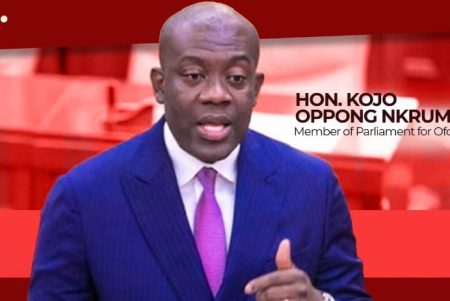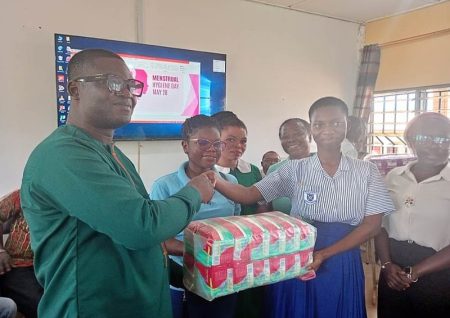The political landscape of the Asene Manso Akroso Constituency in Ghana has been roiled by a clash between the New Patriotic Party (NPP) Constituency Chairman, Mr. Samson Effah, and the Akroso Traditional Council, highlighting the delicate interplay between political figures and traditional authority. The confrontation stemmed from a WhatsApp status update allegedly posted by Mr. Effah, which the Council deemed disrespectful to Nana Afia Ohenewaa, the Adontehemaa of the Akroso Traditional Area. This incident has not only strained relations between the NPP and the traditional leadership but has also exposed simmering tensions within the party itself. The situation underscores the complexities of navigating political discourse in a context where traditional authority holds significant sway and where personal relationships intersect with political affiliations.
The Akroso Traditional Council, led by Nana Kwabena Ofori II, the Akrosohene, summoned Mr. Effah to address the alleged online post. The Council characterized the message as “immature, unwarranted, and an attack on the dignity of the Adontehemaa, her family, and the traditional authority.” The significance of this accusation is amplified by Nana Afia Ohenewaa’s dual role as a revered traditional leader and a former NPP executive. Furthermore, her familial connection to Mr. Alex Agyei, a prominent figure within the NPP, adds another layer of complexity to the situation, potentially influencing the political dynamics at play. The Council’s strong condemnation of the alleged post demonstrates the importance they place on respecting traditional authority and maintaining harmonious relationships within the community.
Mr. Effah’s appearance before the traditional leaders on Sunday did little to immediately de-escalate the situation. He denied authorship of the offensive post and demanded proof of its existence. This refusal to acknowledge responsibility nearly incited outrage among the assembled traditional leaders, further exacerbating the tension. The intervention of Mr. Effah’s home chief proved crucial in preventing a complete breakdown of communication. The chief offered a formal apology on Mr. Effah’s behalf, appealing for leniency and acknowledging the gravity of the perceived offense. This act of mediation underscores the important role local chiefs play in conflict resolution and maintaining social harmony within their communities.
While the Council ultimately accepted the apology, their warning to Mr. Effah carried significant weight. They emphasized the importance of respecting traditional authority and warned that any future transgressions would be met with serious consequences. This underscores the Council’s commitment to upholding traditional values and maintaining decorum within the community. The incident served as a public reminder of the potential repercussions of disrespecting traditional leaders, especially within a political context. The Council’s response aimed to establish clear boundaries and reinforce the expectation of respectful conduct from political figures.
Beyond the immediate interaction with the Traditional Council, the incident has ignited discontent within the NPP itself. Several party members have expressed disappointment in Mr. Effah’s conduct, characterizing it as part of a larger pattern of problematic behavior. This internal dissent points to pre-existing tensions within the constituency and raises questions about Mr. Effah’s leadership style. The episode has re-ignited calls for greater accountability among party leaders, suggesting a desire for stronger internal mechanisms to address such issues and prevent future conflicts. This internal critique reflects a concern for the party’s image and the potential impact of such controversies on its standing within the community.
In conclusion, the confrontation between Mr. Effah and the Akroso Traditional Council serves as a microcosm of the broader dynamics at play within the Asene Manso Akroso Constituency. It highlights the delicate balance between political ambitions and traditional authority, the importance of respectful communication, and the potential for internal party divisions to be exacerbated by external conflicts. The incident has also underlined the crucial role of local chiefs in mediating disputes and maintaining social harmony. The fallout from this event will likely continue to shape the political landscape of the constituency, influencing both internal party dynamics and the relationship between the NPP and the traditional leadership. The incident serves as a cautionary tale about the importance of respecting cultural sensitivities and the potential consequences of failing to do so, particularly in the politically charged environment of Ghana.


